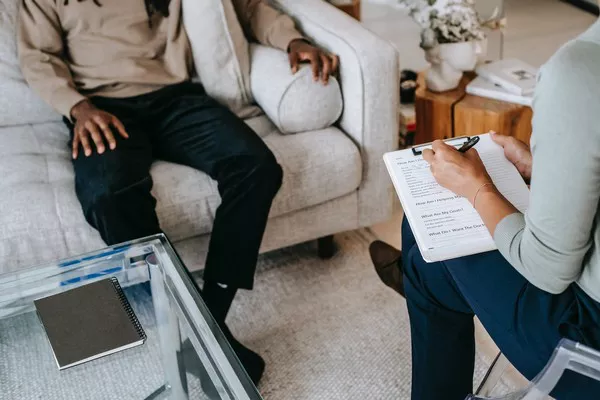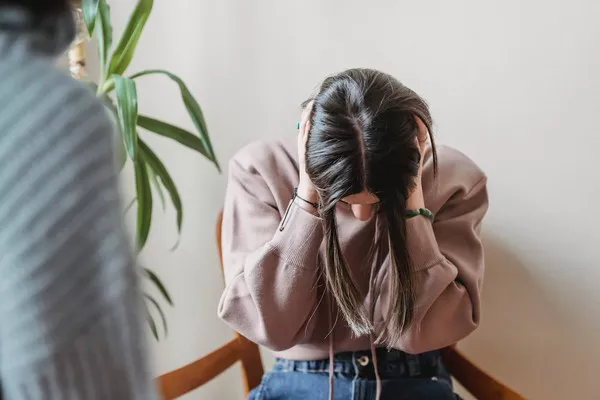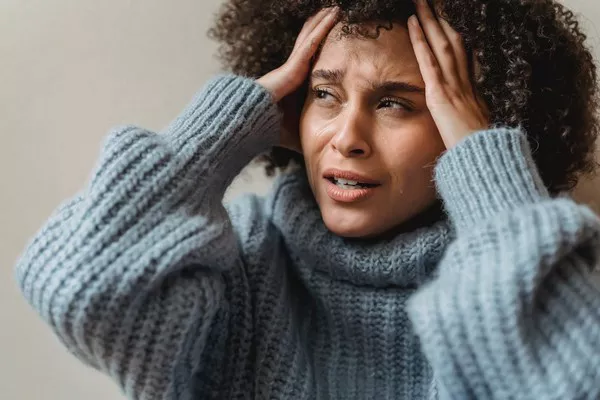Counselors and psychologists are both mental health professionals who provide therapy services to individuals, but there are some key differences between the two.
1.Counselors typically have a master’s degree in counseling or a related field, and they are trained to provide therapy services to help individuals address specific issues such as anxiety, depression, and relationship problems. They may also provide career counseling or guidance on life transitions. Counselors tend to use a more humanistic approach to therapy, focusing on building a positive relationship with the client and emphasizing personal growth and development.
2.Psychologists, on the other hand, have a doctoral degree in psychology and are trained to provide a wide range of mental health services, including therapy, psychological testing, and research. Psychologists may specialize in a particular area of psychology, such as clinical psychology, counseling psychology, or neuropsychology. They tend to use a more empirical and evidence-based approach to therapy, using scientifically validated treatments to help clients address psychological issues.
3.Another key difference between counselors and psychologists is their licensing requirements. Counselors are typically licensed at the state level and may be referred to as licensed professional counselors (LPCs) or licensed clinical professional counselors (LCPCs), depending on their state’s regulations. Psychologists, on the other hand, are licensed by the state board of psychology and may hold a variety of titles, such as licensed psychologist, clinical psychologist, or counseling psychologist.
In summary, counselors and psychologists are both mental health professionals who provide therapy services to individuals, but counselors tend to focus on specific issues and use a more humanistic approach to therapy, while psychologists have a broader range of training and may use an evidence-based approach to therapy. Counselors are typically licensed at the state level, while psychologists are licensed by the state board of psychology.



























